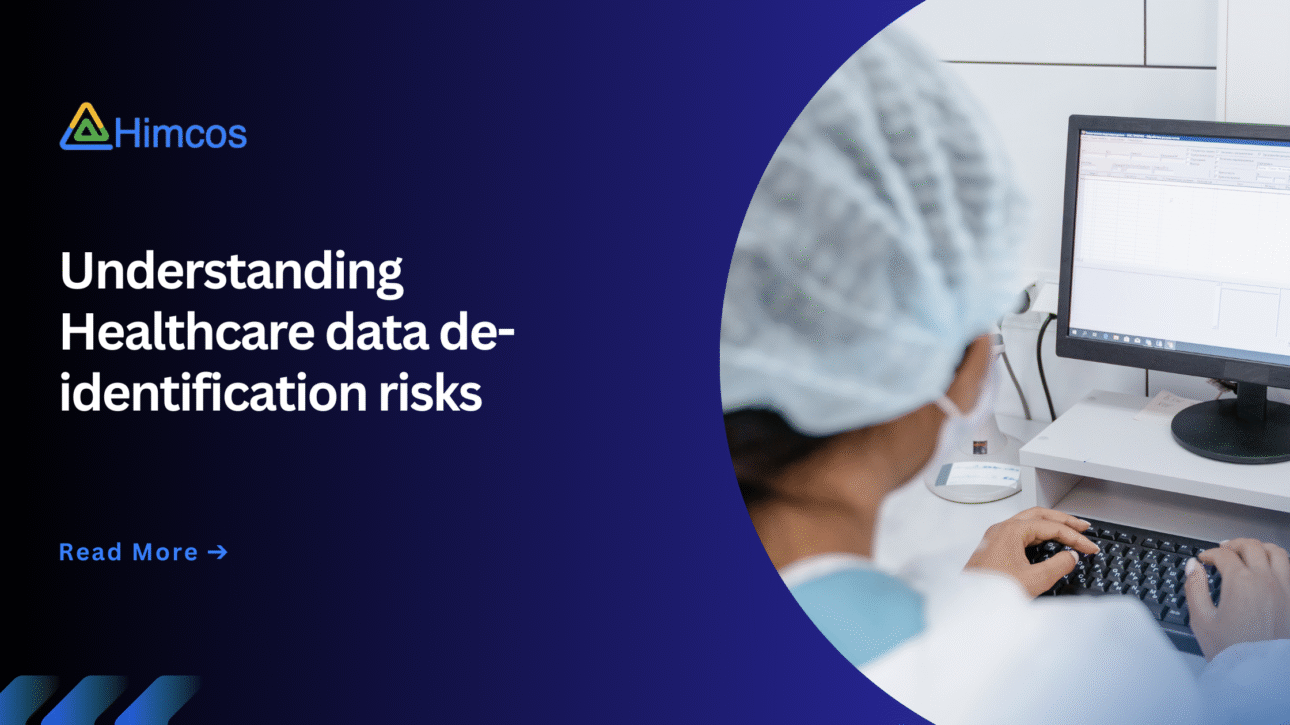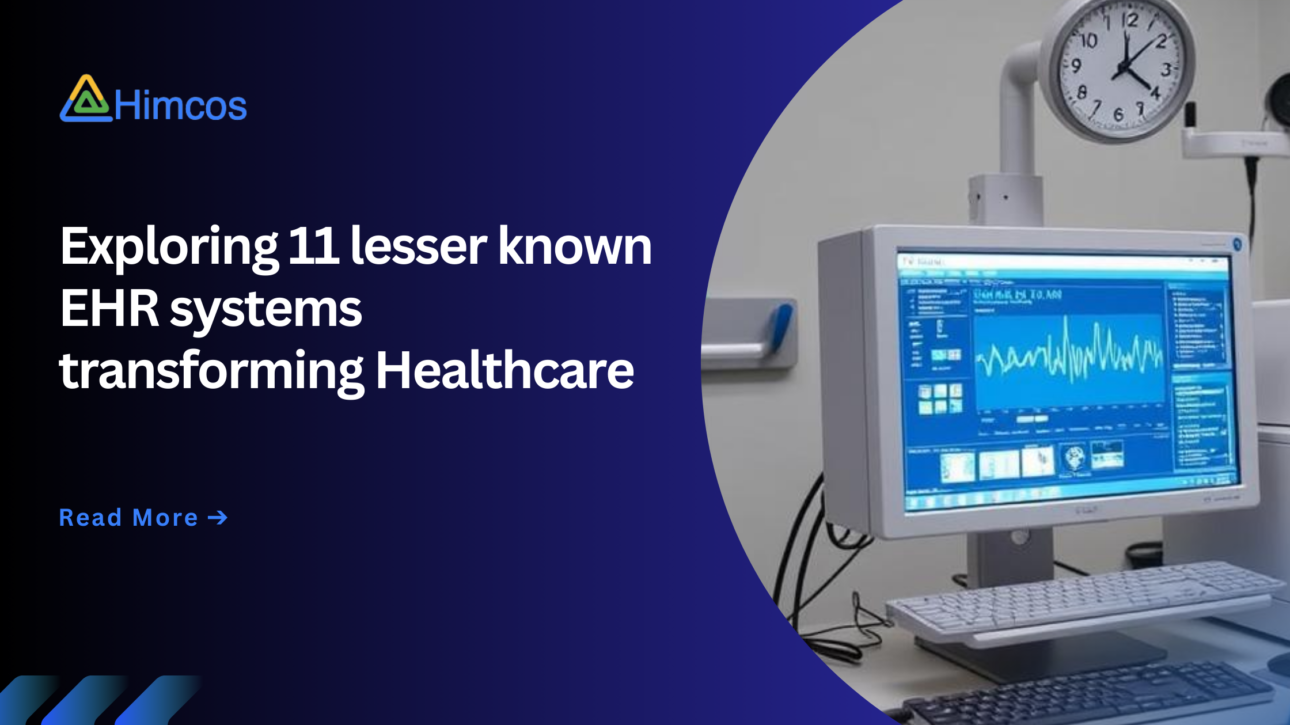Password fatigue in healthcare is the most common problem which makes a medical professional juggling here and there. Every moment is critical in hospitals, which makes password management one of the most frustrating IT problems. If you're part of healthcare IT, or simply use hospital systems, you know the constant struggle of managing numerous logins…







